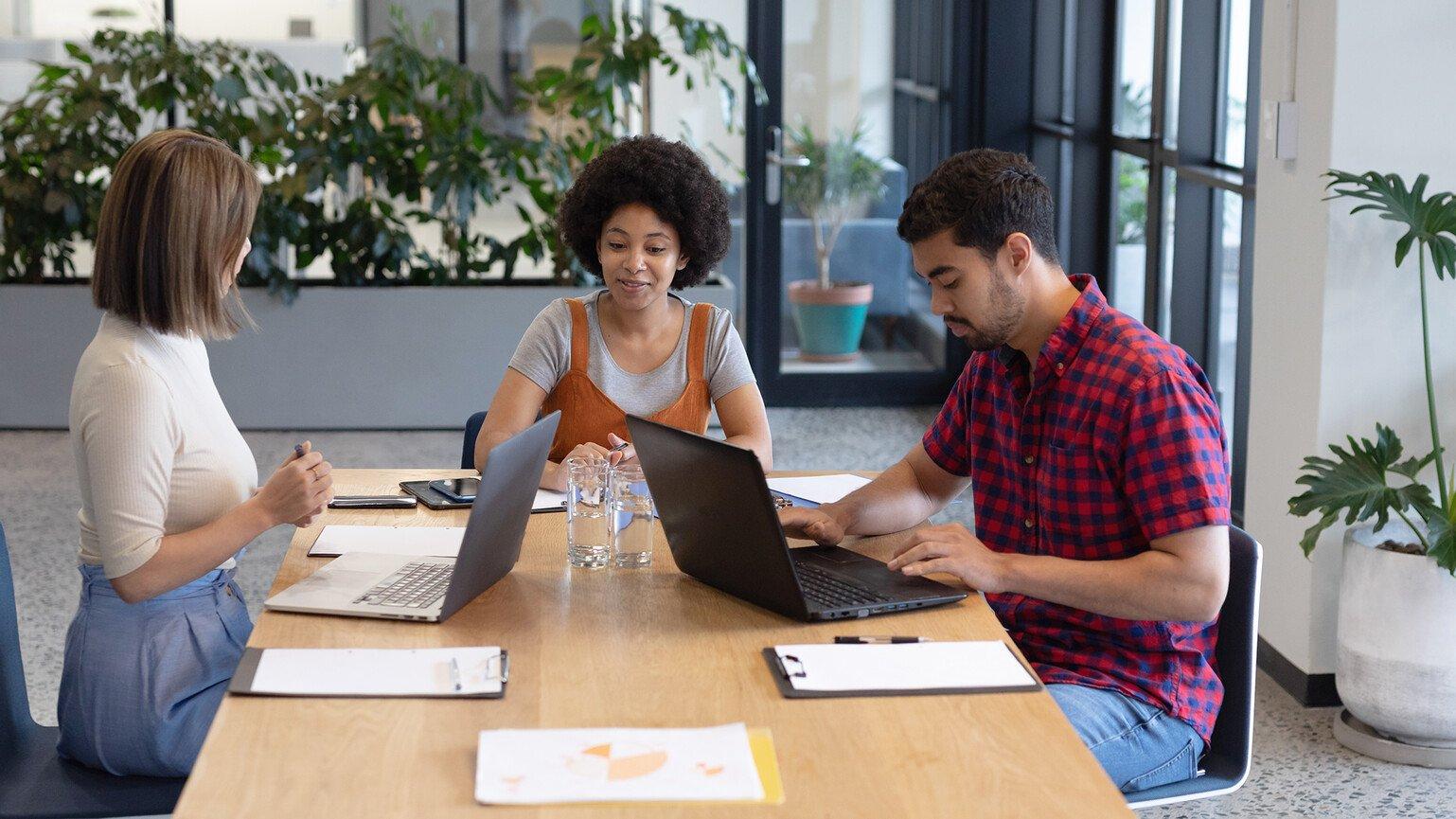
Why we need a scientific approach to mental health at work
With businesses looking to support the mental health of their staff more than ever, Wellcome is urging them to take a science-based approach. Miranda Wolpert shares what we’ve learned so far about what works for supporting mental health at work.

Wavebreakmedia / iStock
2020 brought disruption to most people's working lives including, for many, a loss or struggle to find employment. Those who were employed (and those who employed others) faced new challenges: from adapting to working at home, to balancing work with home schooling, to dealing with new risks when working on the frontline. There is no doubt that Covid-19 has significantly affected where and how we work and raised employee mental health even higher on the workplace agenda.
At last year's World Economic Forum's annual meeting in Davos, Wellcome encouraged businesses to stop throwing money at programmes advertised on glossy brochures, and focus instead on understanding the science behind what really works for whom in terms of supporting mental health at work. A year on, at virtual Davos Agenda 2021, it was encouraging to see workplace mental health top of the agenda for so many.
As our work over the last year at Wellcome has shown, despite progress, we still have a lot to learn about this.
What have we learned in a year?
In 2020 we funded ten global research teams to look at the evidence behind promising approaches for preventing anxiety and depression in the workplace, with a focus on younger workers.
The approaches included peer support, financial wellbeing, flexible working and group psychological first aid. Two teams also looked specifically at interventions in low- and middle-income countries, focusing on mindfulness and involving the workforce.
Until we publish the full findings from this research later this year, here are a few examples of what we've learned:
- Flexible working can reduce work-life conflict, which can be a major source of stress, depression and anxiety. But the uptake of flexible working often depends on the amount of support from managers and the culture of the organisation.
- Breaking up excessive sitting with light activity by just one hour per eight-hour day may reduce depression symptoms by 10% and anxiety symptoms by 15%. Some ways to break up excessive sitting include sit-stand desks, standing meetings and encouraging movement breaks.
- Having more autonomy in your role is associated with lower rates of anxiety and depression. Employers can increase employees' autonomy by allowing them more freedom to craft how they do their roles.
The research also highlighted some important gaps in the evidence. For example, although there is significant research about how effective mindfulness interventions are in high-income countries, we know far less about their use in workplaces in low- and middle-income countries, particularly in industries such as hospitality and tourism. Many of the research teams noted the lack of detail about how different interventions affect younger workers. And approaches to measuring mental health in the workplace are very inconsistent, making it hard to compare across studies.
What next?
Later this year, in partnership with the World Economic Forum, we'll be launching a second commission to review the evidence behind other promising approaches to supporting mental health at work. We're particularly keen to understand more about the effectiveness of specific approaches in low- and middle-income countries and how to support different groups within the workforce.
We'll also continue to talk to businesses about what it means to take a science-based approach. We've already spoken to many organisations who are thinking about how they can best support the mental health of their employees. And it’s been encouraging to see a growing number of organisations collaborating on this, including through networks such as the Global Business Collaboration for Better Mental Health and One Mind at Work, who see how important evidence is.
Our hope is that in the future employers who want to make the biggest difference for their staff will make use of the existing evidence and also work with researchers to build new evidence. In this way, businesses could rapidly increase our understanding of what works and what doesn't. We're looking forward to working with them so that at next year's Davos meeting we have even more progress to report and celebrate.

